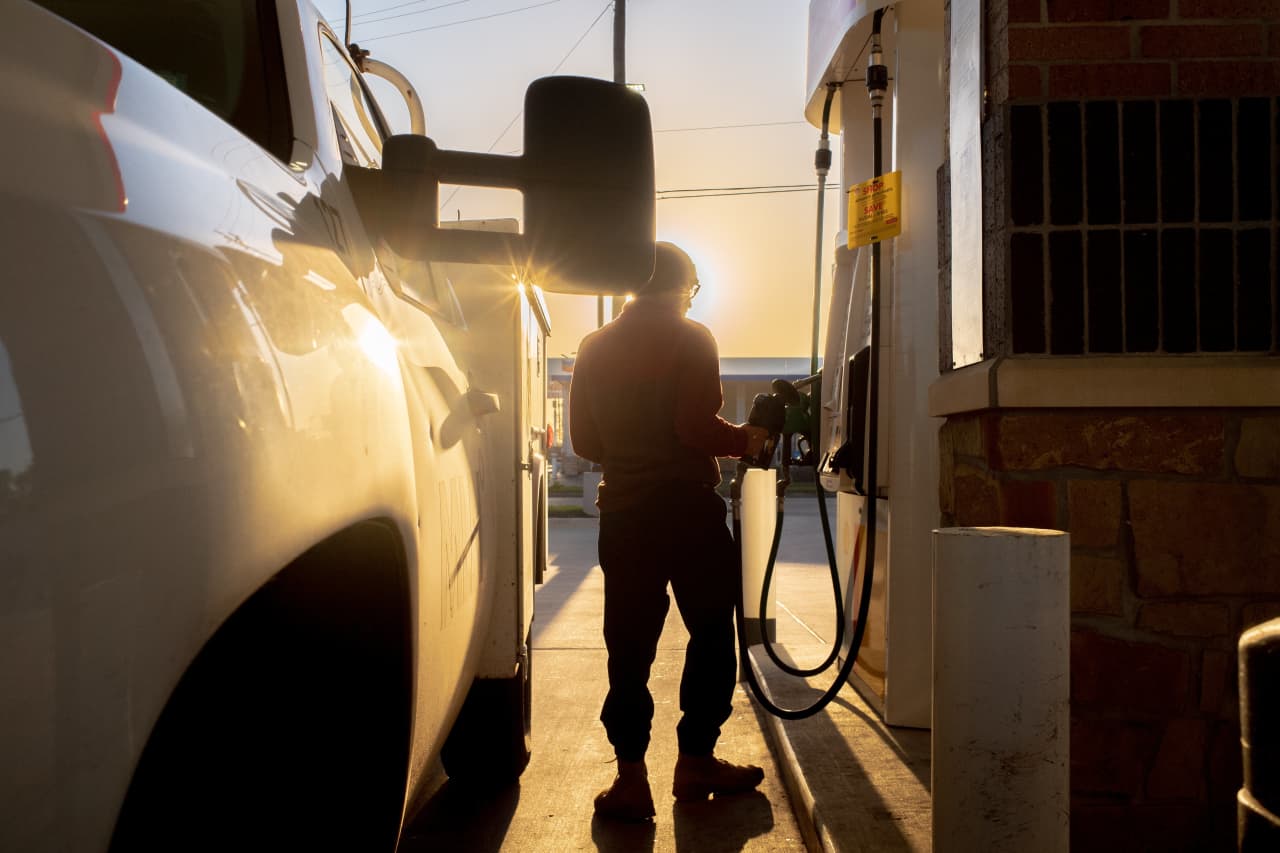Monitoring Gasoline Demand as a Crucial Barometer for Consumer Health

Monitoring Gasoline Demand as an Economic Indicator
Investors are closely monitoring the level of gasoline demand to gain insights into consumer health amidst concerns over rising inflation. The fluctuations in gasoline consumption can provide valuable clues about consumers' spending habits and their overall financial well-being.
The Significance of Gasoline Consumption
Gasoline demand serves as a critical barometer for assessing the strength of the economy and consumer sentiment. The current trends in gasoline consumption are essential for understanding the broader economic landscape and the potential impact on various sectors.
- Consumer Spending: Gasoline demand reflects consumers' willingness and ability to spend on transportation and related expenses.
- Economic Outlook: Fluctuations in gasoline consumption can signal shifts in consumer confidence and overall economic health.
Impact of Inflation Concerns
Investors are particularly concerned about the impact of inflation on consumers and are looking to gasoline demand as a leading indicator of potential economic challenges ahead. Rising inflation has put pressure on consumer budgets, leading to cautious spending behavior and impacting various sectors of the economy.
- Consumer Health: Understanding the dynamics of gasoline demand can offer valuable insights into the financial well-being of consumers and their ability to sustain spending levels.
- Economic Indicators: Gasoline consumption trends can provide early signals of shifts in the economy, guiding investors in making informed decisions amidst uncertain market conditions.
This article was prepared using information from open sources in accordance with the principles of Ethical Policy. The editorial team is not responsible for absolute accuracy, as it relies on data from the sources referenced.